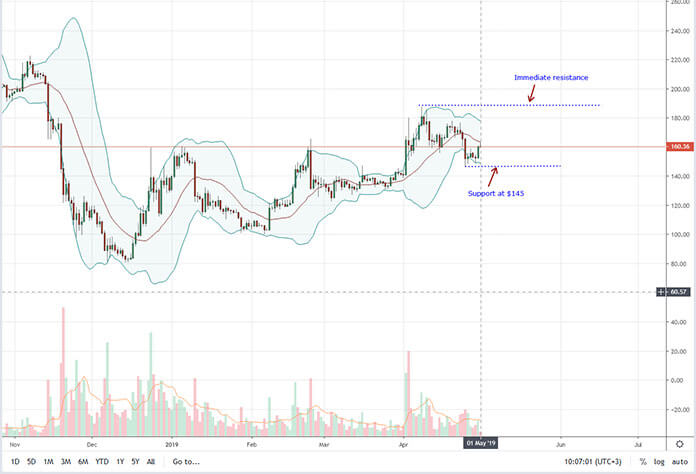Price Waterhouse Coopers (PwC), one of the four big professional services provider has announced the launch of a new set of software tools that will provide auditing features to customers engaging in cryptocurrencies transactions.
Announced this week, the new software tool will be part of the Halo suite of tools that are geared towards helping businesses in the digital economy. A press release states that the company’s launch of the software tool ensures that it is “well positioned to provide audit and other assurance services to clients holding or transacting in cryptocurrency.”
According to the announcement, it seems that the new tool works by keeping track of clients’ transaction on supported blockchains. The tool will be able to provide “independent, substantive evidence of the ‘private key and public address pairing’” in order to verify the ownership of the cryptocurrency while at the same time gathering information on the transacting wallets and their balances. So far the tool supports about eight blockchains including Bitcoin, Ethereum, Bitcoin Cash, Litecoin, Bitcoin Gold, Bitcoin Diamond, Ripple’s XRP as well as an obscure ERC-20 token named OAX token. The company does not provide information about any future additions to this list.
The tool is not just available to PwC clients but also to other entities working with PwC, albeit indirectly, to help them better navigate the murky blockchain world by addressing challenges and identifying new opportunities of expanding into this previously uncharted realm. The company says that it is working with these entities to help them in “implement[ing] the processes and controls they will require in order to obtain assurance reports from their auditors.”
Blockchain is taking over and PwC is positioning itself to provide auditing services to several of their traditional clients that are slowly transitioning their processes to integrate cryptocurrencies. Most of these companies are admittedly trying out the technology but pretty soon most are going to make the jump and they will require an auditor will the right tools to make sure that they provide efficient and reliable financial reports.
“It is important as companies continue to digitize [us], as auditors, keep up with technology changes in the market, continue to develop audit tools that meet the needs of emerging technologies and serve the changing and developing demands of our stakeholders,” said James Chalmers, the Global Assurance Leader at PwC.











